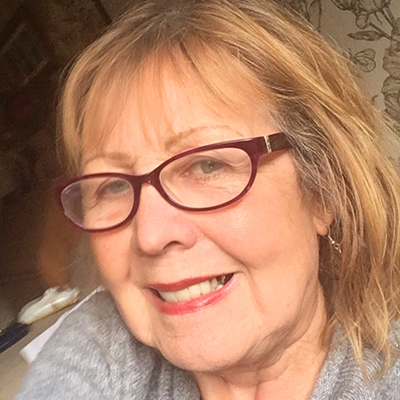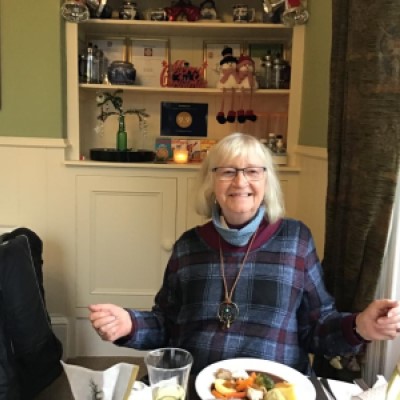We are a network of people in the UK promoting the development of drug-free and minimum medication therapeutic environments for people experiencing ‘psychosis’ or extreme states. We are part of an international movement of service users, survivors, activists, carers and professionals fighting for more humane, non-coercive mental health services.
People who hear voices, have visions or experience reality in different ways to those around them — and become overwhelmed by their experiences — are often referred to as experiencing ‘psychosis’. We believe that people can and do recover from difficulties which tend to be categorised under the term psychosis. This recovery can be with, without and sometimes despite psychiatric intervention.
Conventional psychiatry tends to regard ‘psychosis’ as part of a serious mental illness such as ‘schizophrenia’, ‘bi-polar disorder’ or ‘psychotic depression’. We recognise that ‘psychosis’ can be extremely distressing to the person experiencing it and to those around them. However, we do not necessarily see psychosis as a bio-medical condition that requires set medical interventions. Rather, we see it as an acute personal crisis, marked by a range of extra-ordinary experiences, which may result from a number of factors, including trauma, psychological, neurophysiological, existential, spiritual, social and environmental. Fundamentally though, we believe that there is meaning in the experience.
Like many other organisations in Europe and America, we draw inspiration from the practices of Soteria House and the work of Loren Mosher and his colleagues. We continue to look for opportunities to develop and enrich this work, whilst holding to the broader principles of Soteria. For more information on the work and philosophy of the Soteria Network please read our booklet.
Though the Soteria Network is actively engaged in promoting progressive approaches to people experiencing extreme states, distress, ‘breakdown’ or ‘psychosis’, we do not currently offer any services directly to people in distress at present. However, we do aim to respond to all enquiries as quickly as possible.


